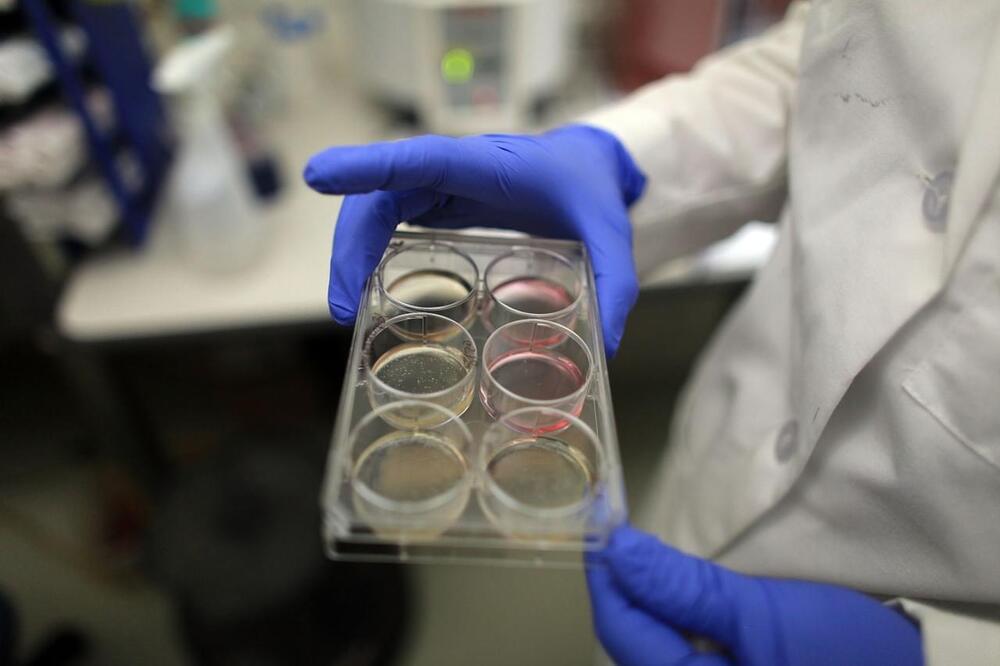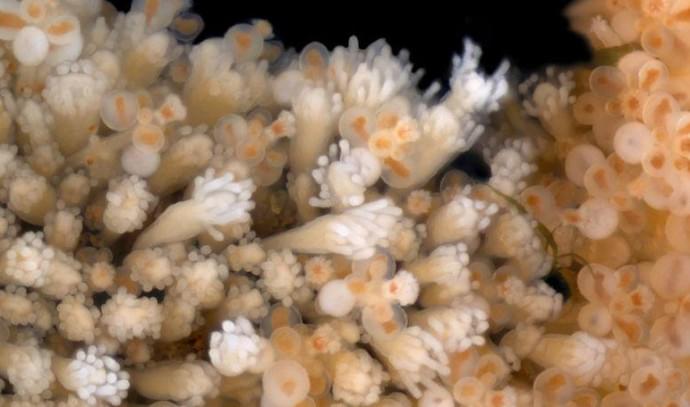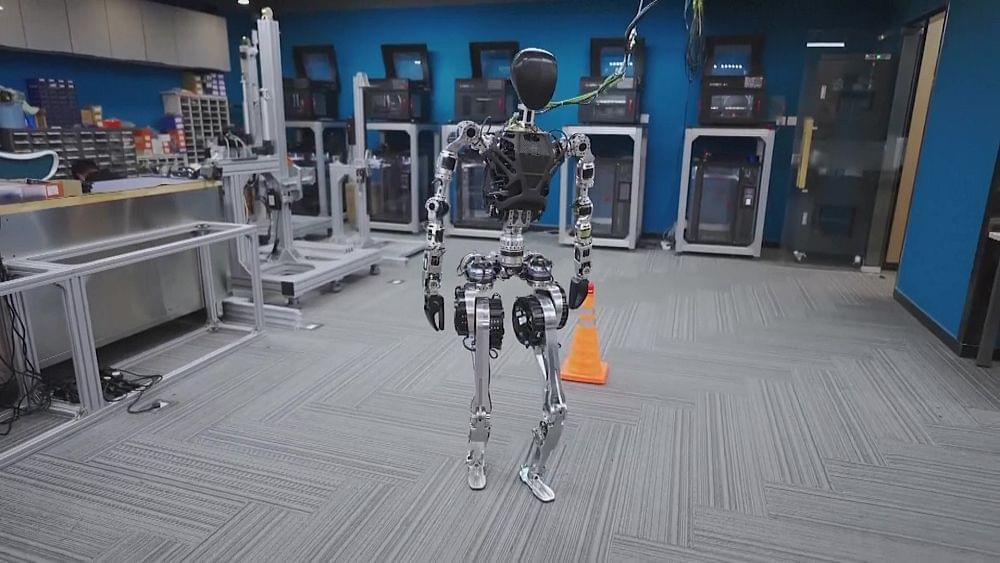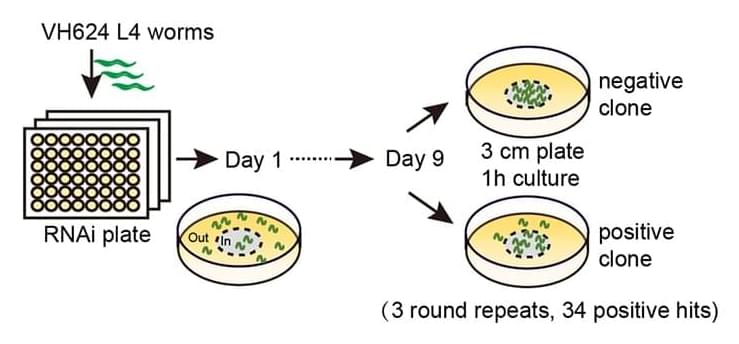Scientists at Harvard University claim to have come excitingly close to finding the proverbial Fountain of Youth. According to a recent publication in the scientific journal Aging, the team has identified six chemical concoctions that have the ability to reverse the aging process in both human and mice skin cells.
Dr. David Sinclair, a molecular biologist at Harvard Medical School and co-author of the study, has hailed this as a “breakthrough” and sees it as a step towards “affordable whole-body rejuvenation.”
Dr. Sinclair has even suggested that human trials could commence within the next year. This prediction has caught the attention of prominent figures, such as tech mogul Elon Musk. He responded to the news with curiosity asking, “Ok, so what exactly is it?”








